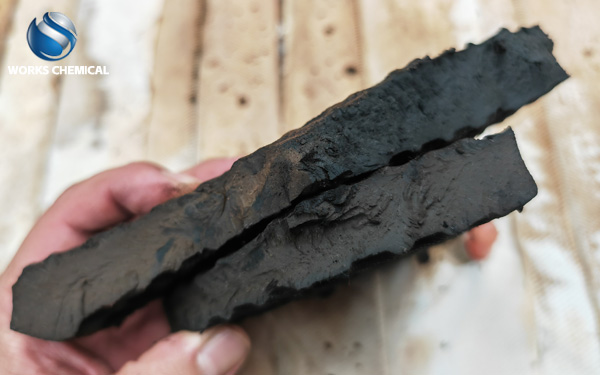
The pharmaceutical industry generates a large amount of pharmaceutical sludge during the production process. This type of sludge has a complex composition, containing residual drug components, organic solvents, microorganisms, heavy metals and other harmful substances. Moreover, it has a high water content and unstable properties, making its treatment extremely difficult. The sludge enhancer, with its unique performance, can effectively address the treatment challenges of medical sludge and demonstrate excellent applicability.

From the perspective of the characteristics of medical sludge, it contains a large amount of colloidal particles and fine suspended substances, which make it difficult for the sludge to settle and dewater. The high-molecular flocculation components in the sludge enhancer can have a strong adsorption and bridging effect with these particles, promoting their aggregation to form larger flocs, significantly increasing the settling speed of the sludge and laying a good foundation for subsequent dewatering treatment.
The high moisture content of pharmaceutical sludge is a major difficulty in the treatment process. This not only increases the cost of transportation and disposal but also easily leads to secondary pollution. Sludge enhancers can alter the surface charge and hydrophilicity of sludge particles, disrupt the colloidal structure of sludge, and make the bound water in sludge easier to separate. After treatment, the moisture content of pharmaceutical sludge can be significantly reduced, and the volume of the sludge can be greatly reduced. This not only lowers transportation costs but also reduces the occupied area, facilitating subsequent safe disposal.
If the residual drug components and harmful substances in medical sludge are not properly treated, they will cause serious harm to the environment. Some functional components in sludge enhancers can undergo chemical reactions with these harmful substances, converting them into stable and low-toxicity substances, and reducing their biological activity and migration. Meanwhile, sludge enhancers can also inhibit the activity of microorganisms in sludge, reduce the further production and release of harmful substances, and lower the risk of pollution to soil, groundwater and air.
In addition, the use of sludge enhancers to treat medical sludge can also enhance the treatment efficiency and shorten the treatment cycle. In traditional treatment methods, medical sludge often needs to go through multiple complex steps to meet the treatment requirements. However, after adding sludge enhancers, the treatment process can be simplified, the treatment speed can be accelerated, the operational efficiency of treatment equipment can be improved, and thus the overall treatment cost can be reduced.
In conclusion, when treating medical sludge, the sludge enhancer can effectively solve problems such as difficult sedimentation, difficult dewatering, and a large amount of harmful substances, improve treatment efficiency, reduce treatment costs and environmental risks. Therefore, it is very suitable for the treatment of medical sludge.